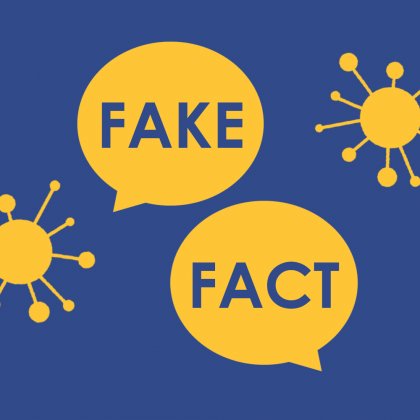Would you be able to spot face coronavirus news if it was infront of you?
False news can destroy trust! It can be frustrating when you are reading halfway through an article that it is fake! All these lies woven in with the truth can also sap your interest in a subject, regardless if it was the coronavirus news or not.
COVID-19 is the major issue on a global scale. Everyone is writing and publishing news every minute of the day on the world wide web. This is the greatest ‘buzzword’ of the year (but not in a good way). This pandemic has also caused a chain reaction and a huge spike in demand for constant update on the matter. So, let’s face it, we all have been keeping a close eye on the likes of BBC, CNN, Sky News, The Guardian, The Telegraph and social media to name a few.
False news will be difficult to spot, because it will usually be a combination of both real and fake news, and on the coronavirus this can be very dangerous! Disinformation can be incorrect and harmful. So before sharing it with your friends, family, and work colleagues just make sure it is accurate!
CREDIBILITY
Number 1 rule is to always make sure the source is credible and well recognised. You will be saving yourself a lot of hassle this way, and if you are unsure, always search similar articles to make sure the reporting and the news story published are matching (there will always most likely be more than one article if it is topical).
POWER OF INFLUENCE
Be careful with this one! If you are one to follow influencers, celebrities or thought leaders, beware of fake impersonators creating false social media accounts to woo you in.
ARTICLE FORMAT
Story and title need to match, some may use an exciting headline just to catch you in and the same concept applies with images and graphics. If a photograph makes your jaw drop because it is too explicit, disgusting or deliberately disturbing, then it is fake. Pictures can be designed, manipulated or even recreated and dangled as bait in front of our eyes. Visuals speak louder than words but remember real news media has censorship!
OUTRAGEOUS STORIES
Stories that don’t make sense and are absolutely ludicrous e.g. COVID-19 infected individual grows a third eye (I hope not). This has an emotional impact of shock and gives readers the intention to read on. But remember also refer to the top tips mentioned above.
WEBSITE & URL
Yes, this also can be faked. Web savvy individuals could create something similar to the BBC website, for example: bbctopnews.co.uk if the domain does not already exist or belong to an organisation. Look out for mistakes, such as spelling, grammar and dates, as well as the consistency of the web page. Disinformation is everywhere and increasing, especially with the constant rapid growth of digitalisation in our lives. Even Government messaging on mainstream media, can also be interpreted the wrong way. For any news aspect on COVID-19 follow World Health Organisation (WHO) and Government ‘health’ websites.

